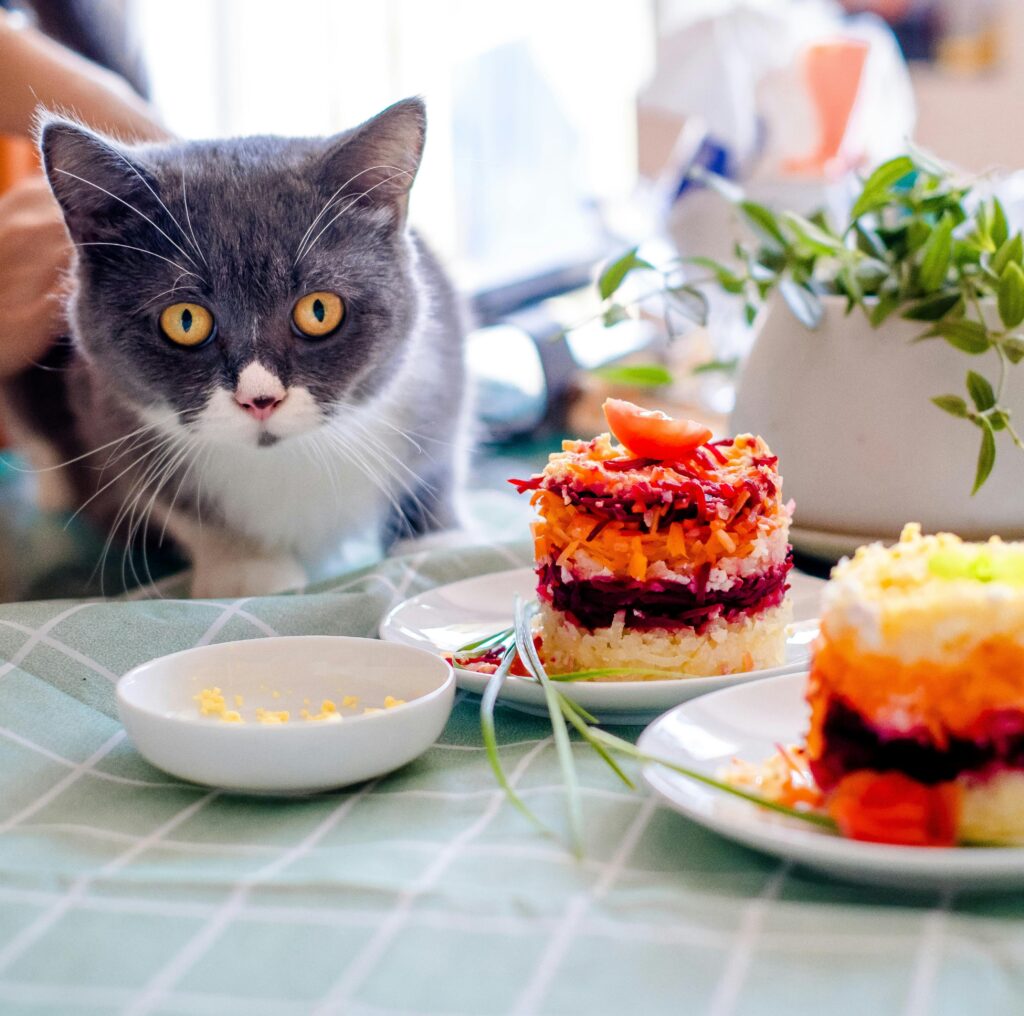Watching a young pet grow and develop is one of the most rewarding experiences for any pet owner. But just like human kids, these little furballs (or feathers, or scales!) need the right nutrition to ensure they develop strong bones, healthy organs, and an energetic spirit that will last a lifetime. With so much conflicting information out there, it’s easy to get overwhelmed when it comes to feeding your growing companion. So, let’s break it down into some simple, digestible (pun intended!) tips that will keep your pet happy, healthy, and full of pep!
Choose the Right Food for Their Growth Stage

Not all pet food is created equal—especially when it comes to young, growing animals. The food you choose should be formulated specifically for their developmental stage. A growing animal needs a balanced diet with more nutrients, protein, and calories to support their rapid growth. Be sure to choose a food labeled as “complete and balanced” by a trusted pet nutrition authority. This ensures that your little one is getting everything they need for a healthy start in life.
Prioritize High-Quality Protein
Protein is the cornerstone of growth for all animals. It’s what builds muscles, supports the immune system, and gives them the energy they need to explore and learn about the world around them. Aim for high-quality protein sources like lean meats, fish, or plant-based proteins, depending on your pet’s dietary needs. Make sure that protein is a key component of their diet, as it’s especially crucial for growing bodies that need to build strong bones, muscle mass, and healthy fur or feathers.
Don’t Forget About DHA and Omega-3s
Omega-3 fatty acids, particularly DHA (docosahexaenoic acid), are vital for brain and eye development in young animals. Foods that contain DHA support cognitive development, making it easier for them to learn new behaviors and interact with their environment. You can look for foods fortified with fish oil or choose DHA-rich treats if your pet’s regular food doesn’t provide it. For herbivores, make sure their diet is rich in leafy greens or algae sources to support overall health.
Practice Portion Control—Yes, Even for Babies!
It’s tempting to fill up that bowl every time you see your young pet eagerly looking for food, but overfeeding can lead to weight issues that affect their joints and overall health. Stick to recommended portion sizes based on their weight and age, and spread meals out throughout the day. Depending on the species, smaller, more frequent meals may be ideal for young animals, while some might benefit from a slightly larger meal once or twice a day. Pay attention to their body condition and adjust accordingly!
Watch Out for Dangerous “Human” Foods

While it’s great to share some healthy treats with your pet, keep in mind that not all human foods are safe for them. Some foods, like chocolate, certain nuts, and even specific fruits and vegetables, can be toxic to animals. Even items that seem harmless—like dough or spices—can be dangerous if ingested. If you’re unsure about a particular food, it’s best to err on the side of caution and keep it out of reach.
Consider Adding Fresh Foods to Their Diet
Just like us, pets can benefit from a little variety in their diet. Fresh, whole foods like steamed vegetables, plain cooked meats, or certain fruits can provide extra nutrients and hydration, depending on their dietary needs. Just be careful with the portions and avoid adding too much fat, sugar, or seasoning. Fresh foods can also be a great way to introduce new flavors and textures, helping to prevent pickiness or ensure they’re getting a range of vitamins and minerals.
Keep an Eye on Their Weight
It can be hard to tell if your growing pet is at a healthy weight, especially when they’re still figuring out what size they’re supposed to be. Regularly check their body condition: you should be able to feel, but not see, their ribs, and they should have a visible waist or shape based on their natural physique. Growth spurts are common, and some weeks they might look chubbier or skinnier than others, but monitoring weight fluctuations will help you catch any potential issues early on.
Water, Water, Water!

While we often focus on food, hydration is just as important for young pets. Rapid growth requires plenty of water to support healthy digestion, kidney function, and energy levels. Make sure they always have access to fresh, clean water, and consider investing in a pet water fountain if your companion prefers moving water (many animals do!). Keeping them hydrated will support digestion, temperature regulation, and overall health.
Feeding a growing pet properly is all about balance and consistency. Providing the right nutrition now will pave the way for a happy, healthy adult animal, and your attentiveness to their diet will pay off in those joyful, energetic years to come. So, dish out the best for your little one—they deserve it!


